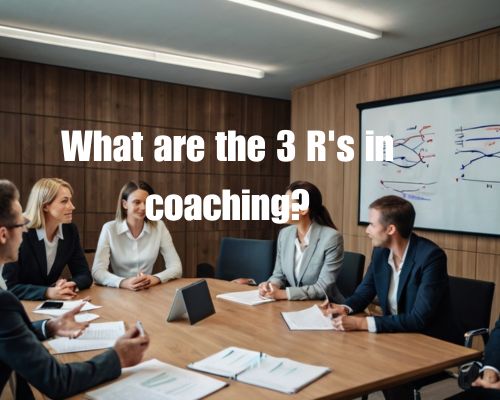Searching for assets is a crucial step in various scenarios, such as financial investigations, due diligence, and personal matters like estate settlement.
You can utilize public records, online databases, and specialized asset search services to uncover diverse types of assets.

An asset search involves identifying tangible and intangible items that hold cash value or can be converted into cash.
In addition to public records, engaging with local probate courts or government agencies can provide insights into the assets of a deceased loved one.
This approach is essential in uncovering ownership of properties, deeds, or titles that might not be readily apparent.
Licensed investigators like Charles Jimerson from Private Investigator West Palm Beach often employ advanced techniques like skip tracing to locate individuals and their assets, especially in situations involving outstanding debts or evasive parties.
Conducting a thorough asset search ensures you have a comprehensive view of an individual’s financial landscape, aiding in informed decision-making.
Understanding Asset Searches
Asset searches involve locating and identifying assets owned by individuals or corporations. These searches uncover details about various forms of property, ranging from tangible assets like real estate to intangible ones like intellectual property.
They are crucial for legal proceedings, financial due diligence, and determining financial standing.
Types of Assets
Assets fall into two primary categories: tangible and intangible.
Tangible assets include physical items such as real estate, vehicles, and personal property.
Intangible assets cover intellectual property, stocks, and bonds.
You may come across business assets, which incorporate accounts receivable and contracts.
Another critical category includes potential hidden assets, which might not be immediately apparent.
These could comprise art collections or offshore accounts, requiring more intricate search methods.
Reasons for Conducting Asset Searches
Asset searches are vital in various situations, such as divorce proceedings, creditor disputes, and legal battles.
In divorce cases, they help ensure fair division of property by uncovering hidden or underreported assets.
Creditors use asset searches to track down assets that can be applied toward satisfying debts or judgments.
Additionally, businesses perform searches for due diligence before mergers or acquisitions to verify financial health and asset claims.
Government agencies and law enforcement also use these searches in investigations and to identify illegal assets or fraud.
Legal Considerations and Privacy Laws
Conducting an asset search involves navigating various legal considerations.
Privacy laws play a significant role since not all assets are publicly accessible, protecting individuals’ and corporations’ financial information.
In the U.S., regulations like the Uniform Commercial Code (UCC) govern the disclosure of certain types of assets, such as liens or financial records.
Asset search services must comply with these regulations to avoid legal repercussions.
During child support or divorce cases, specific court orders may be required to access private assets legally.
Understanding the legal landscape ensures both compliance and accuracy in asset searches.
The Process of Searching for Assets
Effectively searching for assets requires understanding various methods, including utilizing public records and professional asset search services, as well as performing financial analysis.
Utilizing Public Records
Public records are a valuable starting point in asset searches. You can access information through government agencies, including the county recorder and the secretary of state.
These records might reveal ownership details of personal assets, business ventures, and real estate.
For example, probate records provide information about deceased individuals’ estates.
Unclaimed property databases can reveal assets transferred to the state due to inactivity. Being familiar with the websites and offices handling these databases is essential.
List of common public records:
- Property deeds
- Business registrations
- Court filings
Professional Asset Search Services
Hiring professional services like going to Charles Jimerson from Private Investigator West Palm Beach, for asset searches can streamline the process.
Asset search companies and private investigators specialize in thorough investigations.
They have tools and resources to locate assets that aren’t easily accessible through public means.
These services are beneficial for complex searches involving offshore accounts or interwoven business assets.
They also provide due diligence for creditors or litigators seeking to collect debts or verify financial disclosures.
Utilizing professionals ensures thoroughness and accuracy as they use specialized databases and expertise.
Financial Analysis
Conducting a financial analysis helps in assessing a subject’s net worth. You can review bank accounts, financial statements, and transaction histories to gain insights into personal and business assets.
Implementing ratios and financial metrics offers a deeper understanding of asset allocations. This analysis is crucial during divorce proceedings and business acquisitions, revealing hidden or misreported assets.
Incorporating tracers or specialized software tools can further enhance the results. These tools are especially useful when verifying the authenticity of asset claims. An accurate financial analysis is essential in disputes or verifying income and assets for legal matters.







